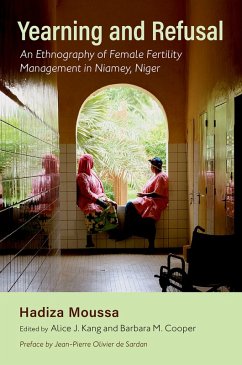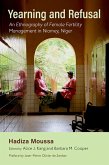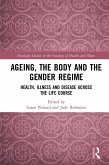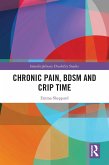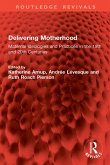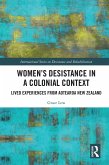Women's fertility in Africa has been a major concern for demographers, global health organizations, and Western governments. While demographic growth in Africa has become a prominent issue, the problem of infertility has been largely neglected in favor of quantitative work on contraceptive uptake. The problems of those facing infertility are particularly profound in the Republic of Niger, where producing children is central to the identity of a woman, a wife, and a person.
Yearning and Refusal uncovers the reproductive issues among women and couples in the Republic of Niger that are overlooked, underestimated, or hidden. Drawing upon interviews, participant observation, and her intimate knowledge of Nigerien society, Hadiza Moussa lifts the veil on unspoken topics, examining through empirical research what societal leaders, politicians, and public health specialists ignore: the lived realities of women struggling with failed fertility. Focusing on the Nigerien capital of Niamey, Moussa sets out the existential experience of failed fertility and the physical, emotional, and social implications for women who do not produce children, either biologically or voluntarily. Through frank and broad-ranging interviews, Moussa shows in their own words how women strive for reproductive control in a country at the heart of the population growth debate. Now translated in English,
Yearning and Refusal examines the emotional and social consequences of yearning for children and refusing to bear them, and the ways women navigate a patriarchal medical system and society.
Dieser Download kann aus rechtlichen Gründen nur mit Rechnungsadresse in A, B, BG, CY, CZ, D, DK, EW, E, FIN, F, GR, HR, H, IRL, I, LT, L, LR, M, NL, PL, P, R, S, SLO, SK ausgeliefert werden.

